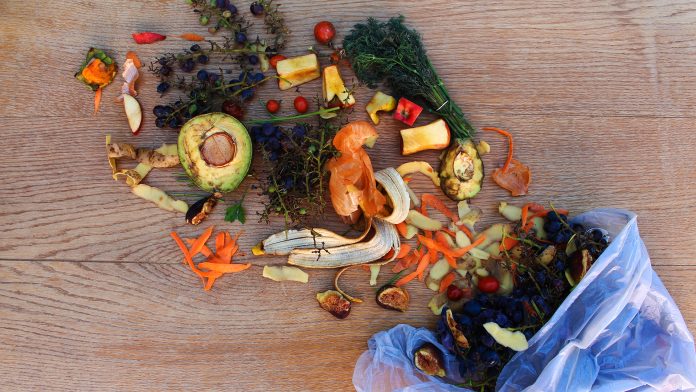Innovative microbial research has led to a rise in food waste developments, from biofuels to environmentally safe composting methods.
Due to the global population continuing to grow, it is important that we protect existing resources while also minimising waste. According to the European Commission: “The European Commission is taking the issue of tackling food waste very seriously.
“Reducing food waste has enormous potential for reducing the resources we use to produce the food we eat. Being more efficient will save food for human consumption, save money and lower the environmental impact of food production and consumption.
“Food waste prevention is an integral part of the Commission’s new Circular Economy Package to stimulate Europe’s transition towards a circular economy which will boost global competitiveness, foster sustainable growth and generate new jobs.”
Promoting a circular economy
As published in the March 2020 issue of Bioresource Technology, an international team of researchers has assessed the microbial strategies for biotransforming food waste into useful materials.
With food waste being almost entirely organic, there is great potential for environmental and health hazards caused by landfilling and incinerating these materials. This is due to gasses produced in the decomposition process which would be harmless if not dumped in such a high volume. However, these gases, once captured, could hold the potential to create biofuels.
The recent research paper, authored in collaboration with Poonam Sharma, Department of Bioengineering, Integral University, India, has highlighted that by employing biological methods for the treatment of food waste, researchers theorised that they could create a method of exploiting microorganism in order to produce energy.
The study highlights that: “The use of microorganisms either aerobically or anaerobically could be a sustainable and eco-friendly solution for food waste management by generating biofuels, electrical energy, biosurfactants, bioplastics, biofertilizers, etc.”
Biosurfactants for waste composting
According to a study by the Human University, China and University of Regina, Canada, researchers have discovered a use for biosurfactants in food waste composting.
Produced by microbial activities, biosurfactants may hold the potential to enhance solid waste composting. The research paper highlighted that: “A study was performed to characterise the production of biosurfactants and the enhancement of food waste comporting process in a batch reactor.
“Production of biosurfactants was examined on the basis of surface tension values. Experimental results indicated that biosurfactants could be produced by microorganisms during comporting and enhance microbial activities of food waste.
“After separated from food waste, the produced biosurfactants were degraded by microorganisms naturally within 24 hours, based on experimental results, certain relationship between surfactants and comporting progress was also disclosed.”
The results of this study indicated that biosurfactants could be produced during the composting processes. The results also showed that biosurfactants were accumulated in the system and raised to the highest concentration on the 5th day.
The study continued to highlight: “This study is the first attempt to develop a new type of surfactant —biosurfactant — for enhancing medium conditions for food waste comporting. Many extensions to the comporting of other organic wastes can be further examined.”







